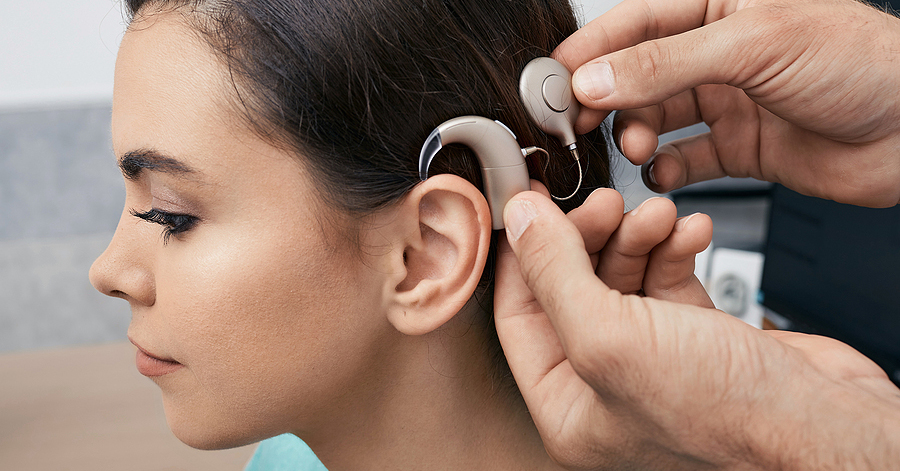Researchers are now saying that the quality of sound, not so much the volume, is important when considering the connection between noise and hearing loss. Experts are calling for "good sound" rather than "big sound" to limit hearing disorders.
"We live in a civilisation where we have filled the space with a noise that never stops," which is not without consequences on hearing health, said Christian Hugonnet, acoustic engineer and founding president of the association La Semaine du son, which campaigns to raise society's awareness of the importance of the sound environment.
"Most of the recorded sounds we feed our ears through headphones for example are extremely densely populated so that they can be heard above the background noise level of the city," Hugonnet told RTBF.
This technique, called "sound compression", popularized in particular by the MP3 format, makes it possible to mix weak sounds with loud sounds which, on television for example, avoids having to turn up the volume when the actors whisper or lower it during an explosion or loud action.
"This gives the impression that the sound is much better, but we no longer hear the ambient noise and what we do hear is much louder than is healthy," said Mr. Hugonnet, whose association is working on the creation of a label "Sound Quality" against over compression of sound. "There is also a disappearance of micro silences that punctuate the sound in its natural state, giving us respite.”
In France, a survey conducted in 2014 by the Directorate of Research, Studies, Evaluation and Statistics (DREES) estimated that more than seven million people admit to having experienced at least one episode of hearing loss, or 11.2% of the French population.
If some cases of deafness are of hereditary origin, explains Professor Paul Avan, who directs the Centre for Research and Innovation in Human Audiology, "there are manifestations of auditory aging that can appear as early as 30, 40 or 50 years. And in these cases, noise is one of the most obvious causes."
"We realise that the quality of the sounds used is often poor,” he told RTBF. “However, the auditory system does not like to be constantly used. It is necessary to find silence, even a minimum, and natural sounds to allow at least from time to time our inner ear to rest."
One solution is to reduce exposure to the most compressed sounds, get informed and favour less aggressive listening media. However, spreading this message is not always easy.
"It is hard to convince people of this because we have to expose ourselves to loud noise for a long time to have a deficit,” he continued. “A person can go to a nightclub, listen to music at more than 100 decibels and be fine the next day. But some people discover that they are deaf at 60. And it was preventable." He added that "raising awareness about what 'good sound' is hard work that should be started at school."
In cases of severe hearing loss, the use of hearing aids is currently the only solution. "The field of hearing health is the only one in the medical field in which there is no treatment. We are not talking about healing," Professor Christine Petit, director and founder of the Institute for Hearing, told RTBF.
Overexposure to poor quality or loud sounds can cause irreversible damage to the ear or even affect the brain system through degradation of auditory neurons.
"When there is hearing loss in middle age, it's a major risk factor and the main factor that could be corrected for dementia and depression," said Petit. In addition, "with age and overexposure to noise, there is a very large number of people who lose their hearing and who will suffer from a disconnection from society.

